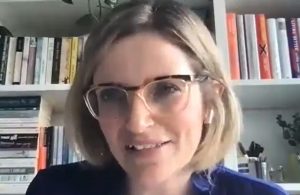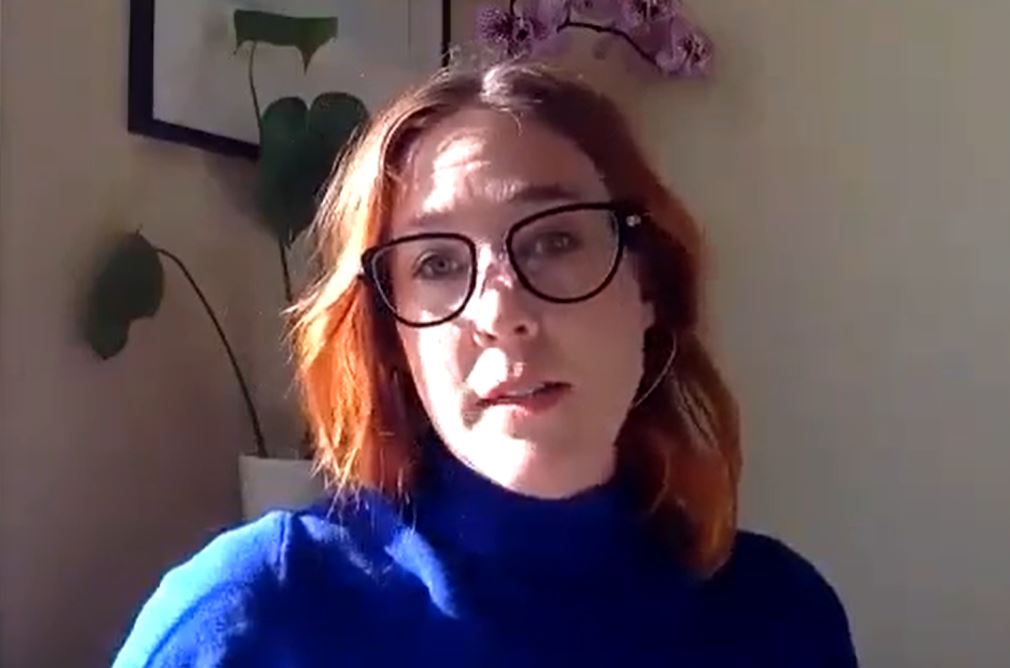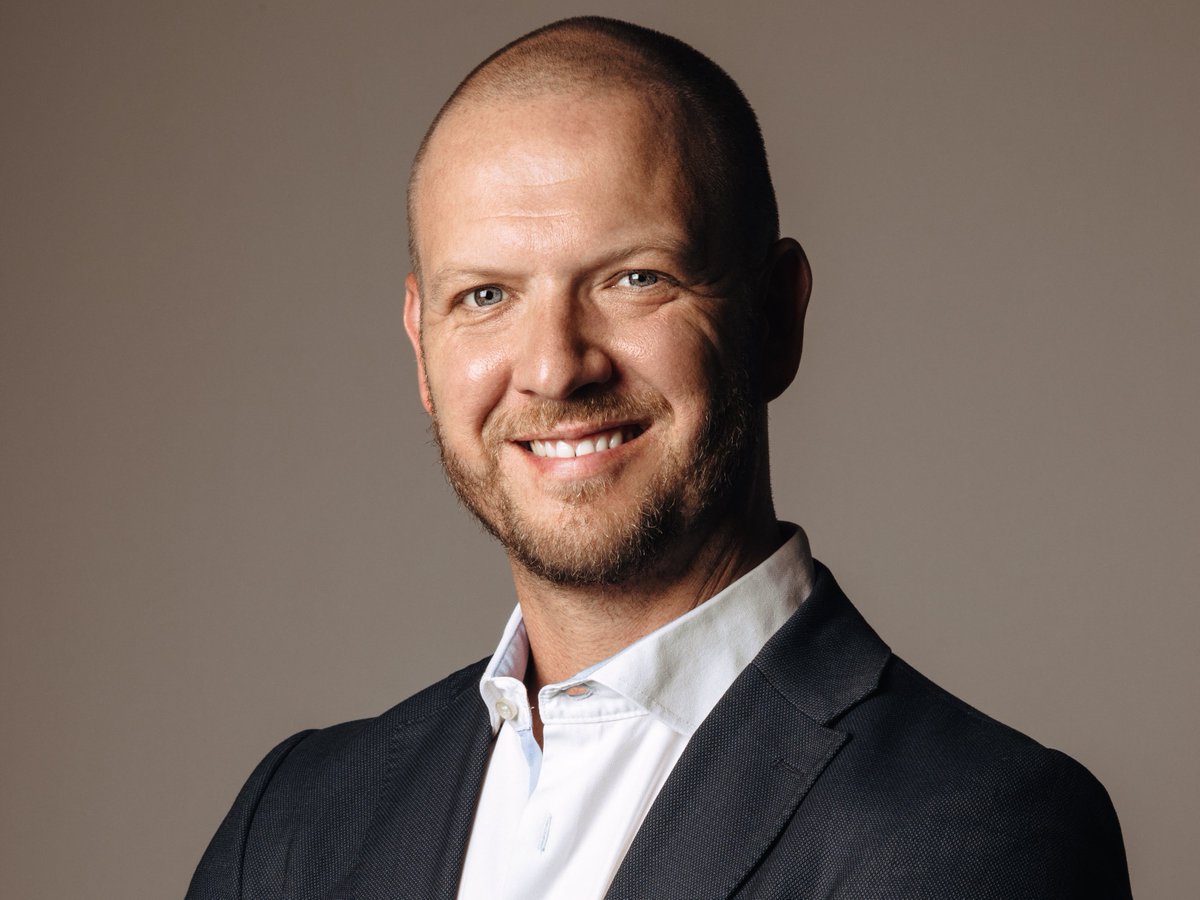We asked six of our 2019/2020 Executive MSc in Social Business and Entrepreneurship alumni about their experience with the EMSBE programme. Our first story belongs to Kate Evans and Amr Maud, who met through the programme and have since started their journey as co-founders of MyAlvie.
We both started the programme knowing that we wanted to do something using our experience in data and technology to have a greater positive impact in the world, but we didn’t really know what that thing was, how to think about it, or how to start.
Since completing the course we have founded MyAlvie, an app which analyses your social media and browsing data to provide tips and advice so that social media can work in support of, rather than harm, your mental wellbeing.


The course gave us some of the frameworks to start thinking and advancing ideas using data and technology for social good. We learned loads on the course obviously, but there are three things that stand out:
- There is no objectively ‘good’ social intervention. Whether we are conscious of it or not, all interventions are infused with an ‘ideology’. Equality, for example, can lead to very different actions and interventions depending on whether you are striving for ‘equality of outcome’ or ‘equality of opportunity’. Should we be striving for the greatest happiness for the greatest number à la Jeremy Bentham? Or are there areas of well-being where everyone in society should achieve a basic standard of dignity? The course didn’t tell us the answers, but we learned how to question policies and interventions and recognise the politics underpinning them.
- The “we do good, don’t we?” blind-spot. I see this in government, and I have no doubt that it is a real problem in the charity sector too. Having a social mission is not enough. We need to examine how the intervention is having an impact, whether it could have an even more positive impact, or whether the intervention is a better use of public money than another initiative. The course on social impact and its measurement provided us with a number of different social impact evaluation methodologies and an honest appraisal of the strengths and weaknesses of each. Not evaluating the impact of a social intervention is inexcusable.
- You can combine a revenue generating business model with social purpose and in some circumstances this may be the optimum business model to avoid mission drift. Prior to the course, I had wrongly assumed that a social business could not, and should not, make money. My co-founder Amr and I have now chosen a business model for MyAlvie that charges the user for the MyAlvie service. There are draw-backs to this obviously – we know that some may be excluded from using the service simply because they cannot pay. We felt a company seeking to provide a mental wellbeing service using personal data could not risk forces that might pull us away from our focus on the user/customer and what they need. We have chosen to charge the customers for the service so that we can remain 100% focused on them.
We’ve all been more reliant on social media during the pandemic: it has helped us to stay connected to friends, loved ones and the wider world, particularly during a global pandemic, but multiple studies have found a strong link between heavy social media usage and an increased risk for depression, anxiety, loneliness, self-harm and even suicidal thoughts.
It is still early days for MyAlvie, but unfortunately mental ill health is the invisible global pandemic, which has been exacerbated by COVID-19, and for which there is no vaccine on the horizon. This is why we set up MyAlvie. We believe it can help, but we also know that our belief that it can help is not good enough. As we grow the business we will need to be conscious of the politics underpinning the MyAlvie service; to rigorously evaluate our impact and ensure that we continually stay focused on our core mission, which is to help our customers use the power of their social media and its data to improve their mental wellbeing.
Kate Evans and Amr Maud



